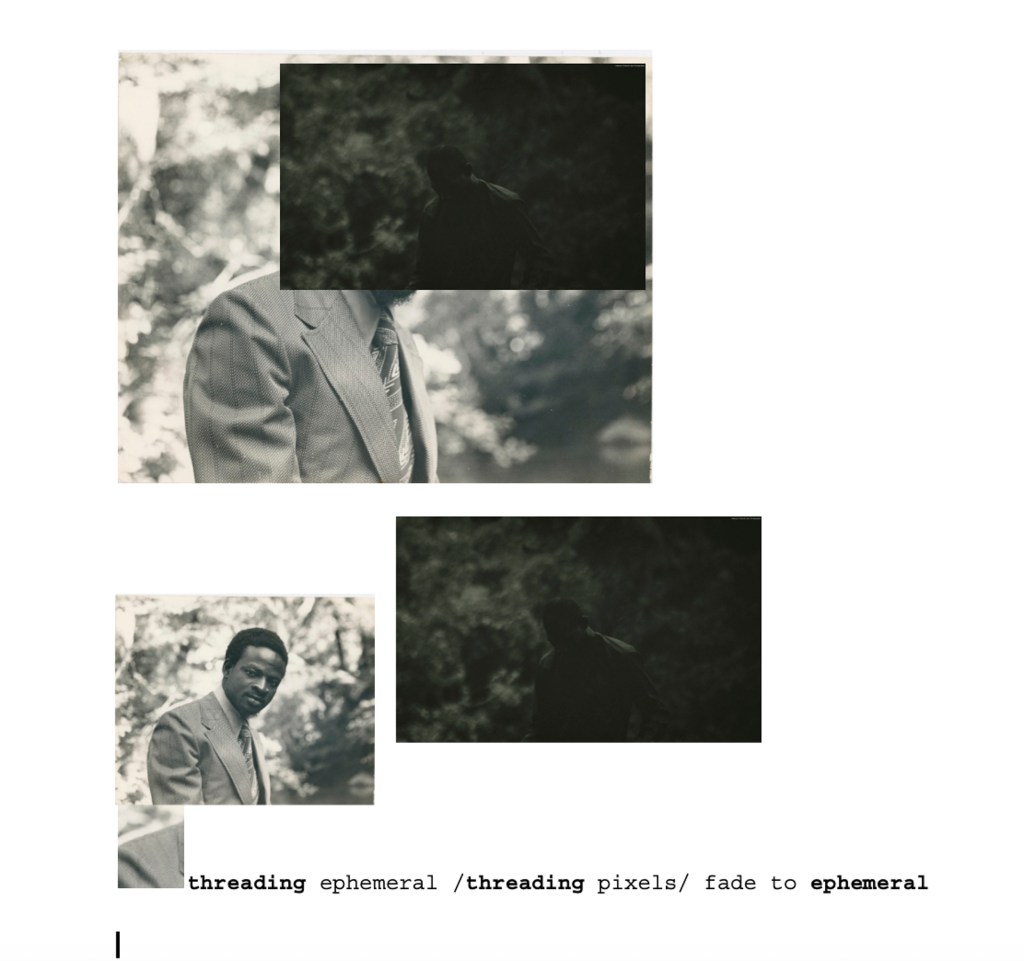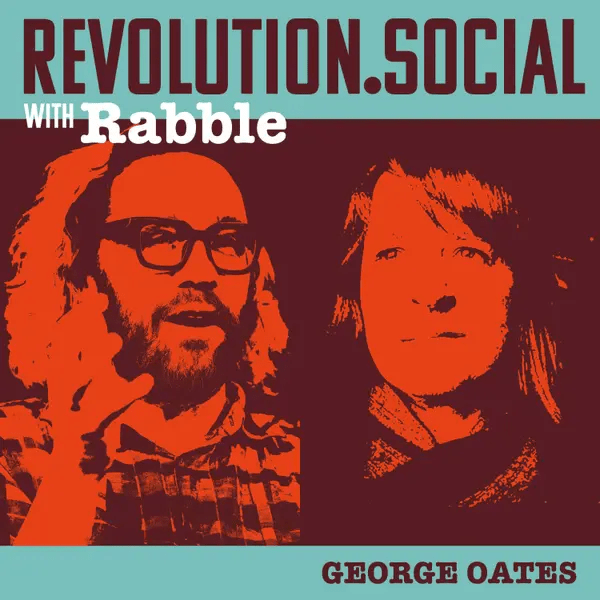Digital Humanities 2025
Lisbon / virtualPanel: Revitalizing, Maintaining, & Sunsetting the Digital Humanities: Strategies & Opportunities
As the digital humanities have matured, the field increasingly calls for support of existing work in danger of obsolescence. This panel offers multiple perspectives on sustainability of digital projects, as well as their underlying data and infrastructure. Panelist presentations include concrete examples and discussion of the funding landscape.
- Perry Collins, independent
- Katrina Fenlon,. University of Maryland-College Park
- Alison Langmead, University of Pittsburgh
- George Oates, Flickr Foundation
- Jessica Otis, George Mason University
Here’s more from our proposal for the session (with thanks to Perry for leading the charge)…
Engagement with technology has transformed the circulation of knowledge in the humanities, granting access to media-rich publications, interactive visualizations, reference databases, and analytical software. Today, many resources developed ten, twenty, or even thirty years ago have become fixtures in the classroom and critical tools for scholarly inquiry. Some of these are well-supported to continue into the future, while others are in danger of being lost to outdated technology and limited engagement with new audiences.
The field increasingly calls for support of existing infrastructure in danger of obsolescence, even as funding opportunities have dwindled amid catastrophic disruption to public funding in the US. “While digital technologies are all too new to know if any DH projects will last for centuries,” writes historian Jessica Otis (2023a), “right now most are struggling to even last years, much less decades. In stark contrast to books, digital projects are generally centralized to one copy, and they decay if they are not actively maintained.” While increasing attention has been paid to digital sustainability in the past decade, including the development of resources such as the Socio-Technical Sustainability Roadmap (Langmead, 2018) or the Endings Project (ongoing), the decay and disappearance of digital projects remains an ongoing problem in the digital humanities (Meneses & Furuta, 2019) and on the internet more broadly (Zittrain, 2021). Attention to sustainability often emphasizes technical development, but equally important are aspects of community engagement, business, governance, and climate impact that directly affect the success or failure of digital projects.
This panel offers multiple perspectives on sustainability from the humanities, information science, cultural heritage, and the funding ecosystem. While much of the work under discussion has developed within a university environment, panelists also consider efforts outside the academy—from community groups, individuals, and even commercial entities—to not only create but also to sustain the digital humanities and its underlying data. Panelists also cast a wide net in their consideration of the scope of digital humanities projects, including interpretive thematic research collections and multimodal publications alongside collections of digitized and born-digital materials and the supporting infrastructure that ensures continuity of access. Taken together, the presentations address a key overarching question: In a time of uncertainty and precarity, how might we strengthen and grow active projects even as we preserve the most valuable components of retired or defunct work?



